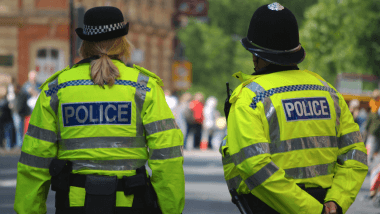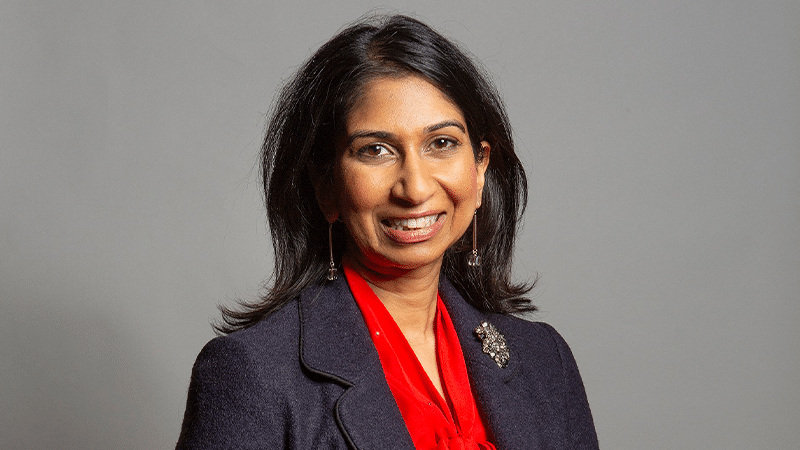Everyone should be able to engage in “lawful debate” on hot button issues such as same-sex marriage and the reality of biological sex without “police interference”, the Government has said.
In a new code of practice on non-crime hate incidents (NCHI) laid before Parliament yesterday, the Government made clear that causing offence is not enough to warrant the police including someone’s personal details in an NCHI.
According to the code, any interference with a person’s “right to freedom of expression” needs to be “proportionate and necessary”.
‘Legitimate’
In 2021, the Court of Appeal backed Harry Miller who had argued that NCHI measures at the time unlawfully interfered with free speech. Police had previously logged Miller’s personal details in a NCHI record after receiving a complaint about a ‘transphobic’ tweet.
The draft code, which strengthens interim College of Policing measures introduced after Miller’s court victory, recognises that “strongly held views” do not, by themselves, “amount to a criminal offence”.
Before recording any incident, the new code states that consideration must be given to the legitimate boundaries of debate on “important social or political issues where there is likely to be strong differences of opinion”. These include the expression of opinions on same-sex marriage and religion, which have specific legal protections campaigned for by The Christian Institute.
The Government has also introduced a new “threshold test”, which means that personal data may only be included in an NCHI record if the incident “presents a real risk of significant harm to individuals or groups”.
‘Common sense’
Writing in The Times ahead of the announcement in Parliament, Home Secretary Suella Braverman said the work of a police officer “must never include politically correct distractions”.
She stated: “People are perfectly entitled to say things about politics, gender, and religion that others find offensive. Disagreement is not incitement, and nor is irreverence or mockery.”
It is “only common sense”, she also told the Daily Express, that the focus of the police “must remain on catching dangerous criminals and bringing them to justice, not getting embroiled in political debate where no laws are being broken”.Disagreement is not incitement
Backing the guidance, the Chief Constable of Greater Manchester Police, Stephen Watson, said: “It is not automatically unlawful to say or do things which can be unpleasant, hurtful, distasteful or offensive.”
Roberts case
In 2005, Joe and Helen Roberts were interrogated by the police for over an hour because they complained to their local council about its gay rights policies.
Officers from Lancashire Constabulary told the Roberts they were responding to a reported “homophobic telephone call” and that the couple were close to committing a ‘hate crime’.
With the Institute’s support the couple lodged formal complaints, but the police and council refused to accept they had acted wrongly. After launching legal action, the Roberts’ eventually won an apology and damages from Lancashire Police and Wyre Borough Council.

Priti Patel tells police: ‘Let people express their lawful views’
Police guidance on ‘non-crime hate incidents’ is unlawful, Court of Appeal rules
Priti Patel calls for review of police approach to ‘hate incidents’

